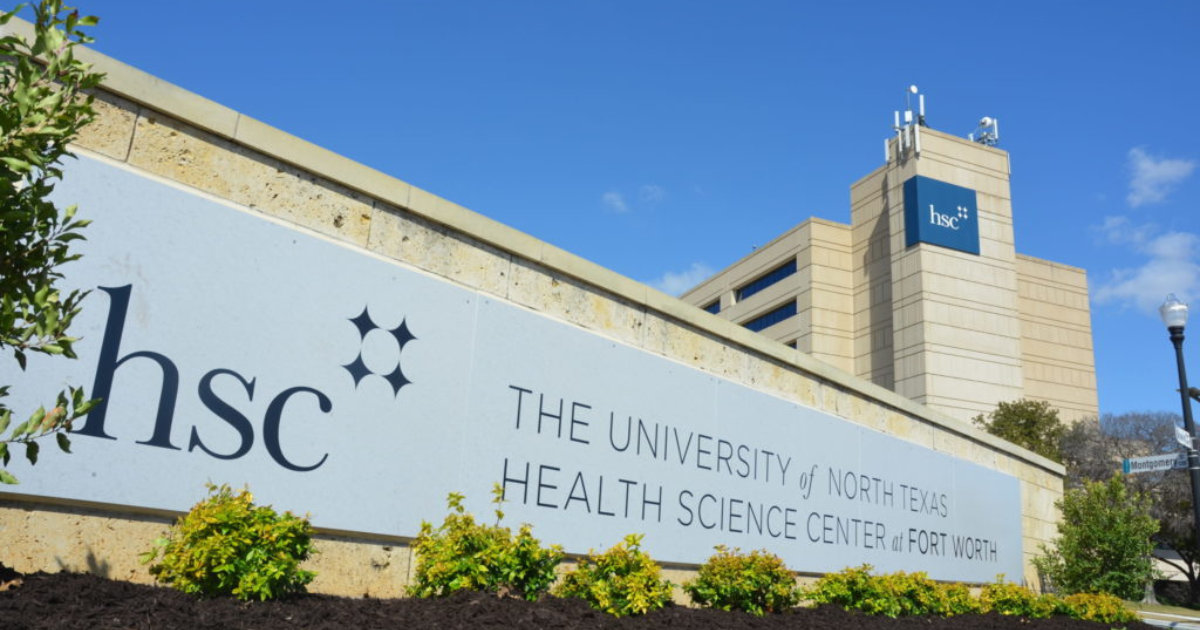Embattled Texas Body Donation Program Is Now In Even More Hot Water
A few months ago, NBC News exposed the highly-questionable practices of the Willed Body Program at the University of North Texas (UNT) Health Science Center (HSC) in Fort Worth. The findings detailed in the September report resulted in staff terminations and the permanent closure of the HSC lab, and put the practice of body donation as a whole in an unwanted spotlight. Now a new report has added even more charges to the list of the program’s alleged ethical and moral transgressions.
September’s “bombshell” report
NBC News’ 10-month investigation of the body donation program at the University of North Texas HSC was part of a series called “Dealing the Dead,” which focused on the use of unclaimed bodies for medical research. The outlet found that since 2019, the HSC had received 2,350 bodies from the Dallas County Medical Examiner’s Office, of which more than 830 were “selected by the center for dissection and study” by the university’s medical students. Others were sold — mostly in parts — to for-profit organizations like Johnson & Johnson & Boston Scientific for use in product development. The HSC actually advertised these bodies to companies as being of the “highest quality found anywhere in the U.S.”
Although body donation programs were created to further medical technology and train medical students, ethical programs only accept a body with the explicit directive of the deceased or the consent of the next of kin. NBC News found that in many of the cases of unclaimed remains the HSC acquired from the medical examiner, the North Texas program was accepting these bodies without prior permission. On top of that, NBC News — and relatives of many of the deceased — criticized HSC’s and third party investigators’ lackluster or cursory efforts to locate the next of kin to procure this permission. In fact, some of those families only learned that their relatives had been included in this program after the NBC News report aired.
As a result of the investigation, the UNT HSC issued a statement apologizing to impacted families for the “failures” and said the program had “fallen short of the standards of respect, care, and professionalism that we demand.” The statement, which was released on September 16 — the same day the NBC story aired — announced that the university had permanently closed its BioSkills Lab, suspended operations of the Willed Body Program pending internal and external reviews, and terminated the program’s leadership.
New allegations in November
The agreement between the Dallas County Medical Examiner’s Office and the University of North Texas seemed like a win-win; the county was no longer responsible for the disposition of unclaimed remains (which otherwise would cost them about $500,000 per year), while UNT generated quite a bit of revenue from their sales to outside entities, including $2.5 million per year from “leasing body parts to medical groups.”
But those weren’t the program’s only money-making methods. Last week, a new report stemming from an October inspection of the facility by the state’s funeral commission found that once research on a body was complete, the university disposed of the remains using alkaline hydrolysis (AH), or water cremation — which is not yet legal in the state of Texas.
The report said that the school was “saving $1 million over five years” by performing their own AH dispositions instead of paying an outside AH provider. It also found 2020 budget documents showing that the university planned to install two AH units for the bodies donated by the medical examiner’s offices in Dallas and Tarrant counties.
A spokesperson for the UNT medical school program told NBC News that AH disposition for bodies used for medical research is legal per AH per Texas administrative code. However, the Texas Funeral Commission countered that state law overrules the administrative code. In its November 1 cease-and-desist letter to the HSC, the commission threatened to fine the HSC program $5,000 per day and “revoke its operating license if it didn’t come into compliance within 14 days,” although AH was discontinued on September 16 when the program was shut down.
Semantics?
In its November 15 report, NBC News writes that the HSC’s contracts with the medical examiner’s offices and consent forms from family members of the deceased “indicated that ‘cremated remains’ would be returned to survivors, giving no indication that the bodies might instead be dissolved.” The article intimates that families receiving remains after the AH process probably would never have noticed a difference, as AH remains resemble those from fire cremation. It adds that AH has not been legalized in Texas in part due to strong opposition by religious groups, who do not believe the process is dignified or respectful.
Most of the 25+ states that have legalized and regulate alkaline hydrolysis refer to the process as a form of cremation, while critics argue that flame/fire cremation is the only true form. As with the legalization of natural organic reduction, many lawmakers find that tucking these new disposition methods under the existing cremation label is more efficient than entirely reconstructing laws.




